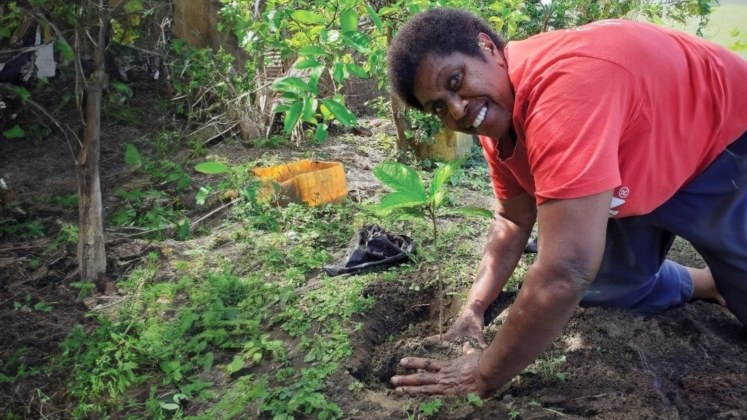The report recommends embedding FLR principles in all forestry-related implementation policies, along with appropriate capacity development programs facilitated through innovative mechanisms like peer learning exchanges and social learning tools. It stresses the need for principles of equity, including gender-sensitive plans, to be embedded in policy plans and programmes.
The publication received financial support from the International Tropical Timber Organization (ITTO), and the collaborative project analysis was conducted by Suneetha Subramanian (Research Fellow, UNU-IAS).
Recommendations
Promote transdisciplinary research and practice: collaborate with diverse stakeholders for solutions-focused research and transparent analysis, ensuring effective outcomes.
Encourage multi-stakeholder discussions on socio-ecological resilience: systematically address interconnected social and ecological issues, identifying trade-offs to enhance coping and adaptation strategies.
Embed FLR principles in all forestry related policies: use participatory FLR principles to boost socio-ecological resilience, aligning with conservation targets beyond protected areas.
Design and implement capacity development programmes: engage policymakers, NGOs, and academia in comprehensive forest training programs, emphasizing the dynamic nature of socio-ecological systems.
Embed equity principles in policy plans and programmes: integrate equity principles and gender-sensitive policies through participatory planning, ensuring inclusion in project activities and reporting for effective implementation.



